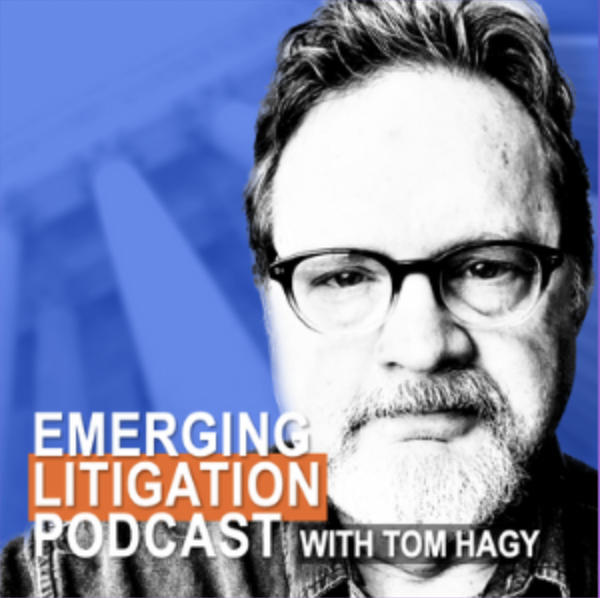Injunction against Trump's DEI executive orders unlikely to stem massive wave of 'reverse discrimination' lawsuits
By: Justin Ward
If the Supreme Court rules in the plaintiff’s favor, it could open the floodgates for ‘reverse discrimination’ suits by lowering the evidentiary threshold for claims.
Last week, a federal court enjoined provisions of President Donald Trump's executive orders targeting "illegal DEI" programs, but legal experts argue that it's doubtful the ruling will halt the explosive growth in "reverse discrimination" suits under the current administration.
In the case of National Association of Diversity Officers in Higher Education et al. v. Trump et al, a district judge in Maryland issued a preliminary injunction against two executive orders targeting Diversity, Equity, and Inclusion programs in federal contracting and the private sector. One would require agencies to terminate all "equity-related" grants and contracts within 60 days. The second mandated that grant recipients certify compliance with federal anti-discrimination laws and called on the U.S. attorney general to open investigations into private sector DEI programs.
The judge found that the plaintiffs could likely prove the case on its merits that the executive order was unconstitutionally vague. The executive orders did not clearly define critical terms like "equity-related" and "DEI," causing potential confusion for agencies, contractors, or private entities attempting to interpret and comply with the order. On similar grounds, the judge argued that ambiguities around what constitutes "illegal DEI" in the orders' enforcement provisions could have a chilling effect on free speech.
While the injunction temporarily prevents federal agencies, contractors, and grantees from losing funding under the executive orders, it will not affect ongoing and pending "reverse discrimination" suits under Title VII of the 1964 Civil Rights Act or the Equal Employment Opportunity Act. Nothing in the court opinion prevents third parties from bringing lawsuits under these longstanding legal frameworks.
The number of lawsuits claiming discrimination against majority groups has grown substantially in the wake of the Supreme Court's 2023 ruling in Students for Fair Admission v. Harvard, which dealt a lethal blow to affirmative action in higher education.
Activists and individual plaintiffs have brought more than 100 claims of "reverse discrimination" since then. Meanwhile, state legislators have introduced over 80 anti-DEI laws aimed at programs that promote minority hiring, women-owned businesses, and bias training, potentially creating new causes of action.
Moreover, late last fall, the Supreme Court agreed to hear a case that could potentially lower the bar for successful "reverse discrimination" litigation. Ames v. Ohio Department of Youth Services will determine if a person in a historical majority group must prove that "background circumstances" exist showing that an employer has an interest or inclination to discriminate in favor of a minority.
These "background circumstances" could include things like hiring minority applicants who are unambiguously less qualified than majority ones or demonstrating an obvious pattern of preferring minority employees. In this case, the Sixth Circuit found that the plaintiff, a heterosexual woman who was demoted and replaced by a gay man, could not sufficiently prove there was a pattern by providing other examples of discrimination against heterosexuals.
If the Supreme Court rules in the plaintiff's favor, it could open the floodgates for "reverse-discrimination" suits by lowering the evidentiary threshold for claims. Still, it's noteworthy that one of the few times the conservative Supreme Court has broken with the Trump Administration was in the case of Bostock v. Clayton County, in which it found that Title VII applied to discrimination based on sexual orientation.


